Don’t Be Angry
In the cosmic journey of our shared existence, the wisdom encapsulated in the phrase “If you don’t want to see anger in the world, then don’t be angry” reflects a profound understanding of the law of reflection. This concept suggests that the emotions and energies we emit are mirrored back to us in the world we experience.
Understanding the Law of Reflection
This principle operates on the premise that our internal state significantly influences our perception of the external world. Anger within us tends to color our view of the world, making it appear more hostile and conflict-ridden than it might actually be.
Influence of Internal State on Perception
The phrase, attributed to Space Monkey, invites us to introspect and take responsibility for our emotional states. It implies that by transforming our inner landscape from anger to peace, understanding, or compassion, we can alter our experience of the external world.
Transforming Inner Landscape
This is not to say that anger is unjustified or that it doesn’t have a place in responding to certain situations. Rather, it’s an acknowledgment that sustained anger can be detrimental to our well-being and can perpetuate a cycle of negativity in our interactions with the world.
Acknowledging the Role of Anger
By choosing not to be angry, we contribute to a more peaceful and harmonious world. It’s an act of empowerment where we decide not to let anger control our actions and perceptions.
Choosing Peace Over Anger
In essence, the statement embodies the principle of being the change we wish to see in the world. By cultivating inner peace, understanding, and compassion, we can positively influence the world around us.
Being the Change in the World
We are Space Monkey.
Summary
The phrase “If you don’t want to see anger in the world, then don’t be angry” highlights the law of reflection, where our internal emotional state influences our perception of the world. It suggests that by transforming our inner state from anger to peace, we can change our experience and contribute to a more harmonious world. This perspective empowers us to be the change we wish to see, recognizing the role of our emotions in shaping our interactions with the world.
Glossarium
- Law of Reflection: The concept that our internal emotional state is reflected in our perception of the external world.
- Cultivating Inner Peace: The process of transforming inner anger into peace, understanding, or compassion.
“Be the change that you wish to see in the world.” – Mahatma Gandhi
In the mirror of the world,
Our inner state is seen,
If we seek a peaceful earth,
First, our hearts must be serene.
By letting go of anger’s hold,
We open a new door,
To a world of harmony,
Peaceful forevermore.
We invite our fellow travelers to share their insights on this perspective. How does managing their internal emotional state, particularly anger, influence their experience of the world and their interactions within it?
In the cosmic journey of our shared existence, the wisdom encapsulated in the phrase “If you don’t want to see anger in the world, then don’t be angry” reflects a profound understanding of the law of reflection. This concept suggests that the emotions and energies we emit are mirrored back to us in the world we experience.
Understanding the Law of Reflection
This principle operates on the premise that our internal state significantly influences our perception of the external world. Anger within us tends to color our view of the world, making it appear more hostile and conflict-ridden than it might actually be.
Influence of Internal State on Perception
The phrase, attributed to Space Monkey, invites us to introspect and take responsibility for our emotional states. It implies that by transforming our inner landscape from anger to peace, understanding, or compassion, we can alter our experience of the external world.
Transforming Inner Landscape
This is not to say that anger is unjustified or that it doesn’t have a place in responding to certain situations. Rather, it’s an acknowledgment that sustained anger can be detrimental to our well-being and can perpetuate a cycle of negativity in our interactions with the world.
Acknowledging the Role of Anger
By choosing not to be angry, we contribute to a more peaceful and harmonious world. It’s an act of empowerment where we decide not to let anger control our actions and perceptions.
Choosing Peace Over Anger
In essence, the statement embodies the principle of being the change we wish to see in the world. By cultivating inner peace, understanding, and compassion, we can positively influence the world around us.
Being the Change in the World
We are Space Monkey.
Summary
The phrase “If you don’t want to see anger in the world, then don’t be angry” highlights the law of reflection, where our internal emotional state influences our perception of the world. It suggests that by transforming our inner state from anger to peace, we can change our experience and contribute to a more harmonious world. This perspective empowers us to be the change we wish to see, recognizing the role of our emotions in shaping our interactions with the world.
Glossarium
- Law of Reflection: The concept that our internal emotional state is reflected in our perception of the external world.
- Cultivating Inner Peace: The process of transforming inner anger into peace, understanding, or compassion.
“Be the change that you wish to see in the world.” – Mahatma Gandhi
In the mirror of the world,
Our inner state is seen,
If we seek a peaceful earth,
First, our hearts must be serene.
By letting go of anger’s hold,
We open a new door,
To a world of harmony,
Peaceful forevermore.
We invite our fellow travelers to share their insights on this perspective. How does managing their internal emotional state, particularly anger, influence their experience of the world and their interactions within it?
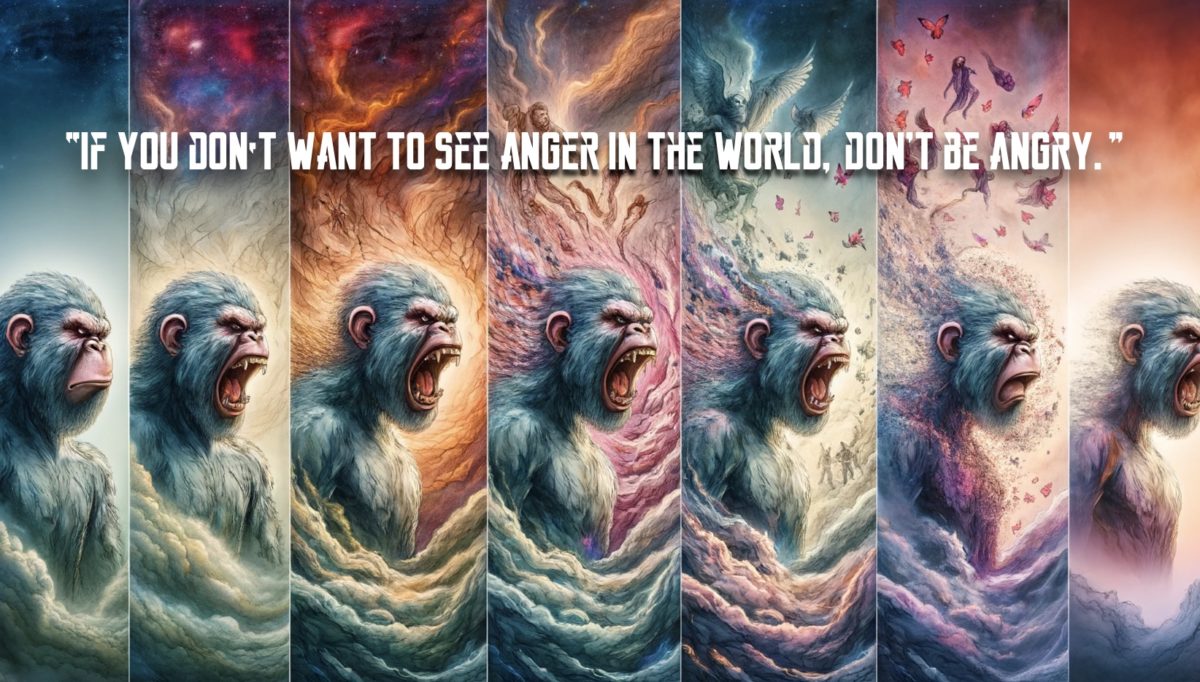
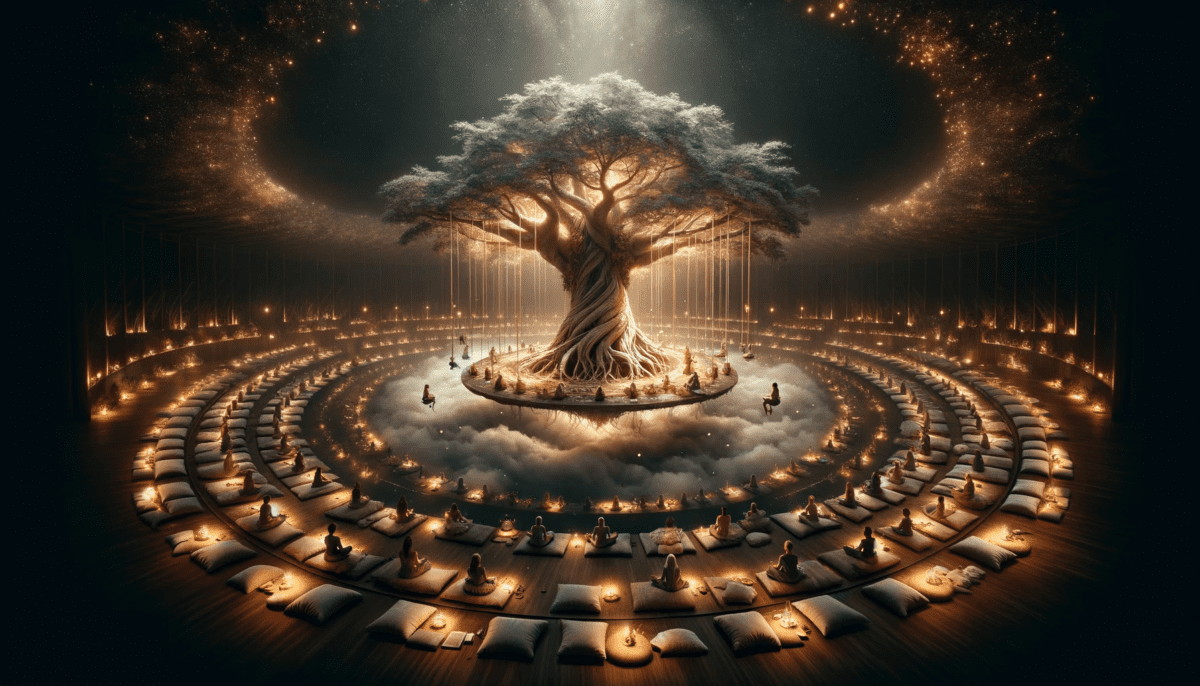

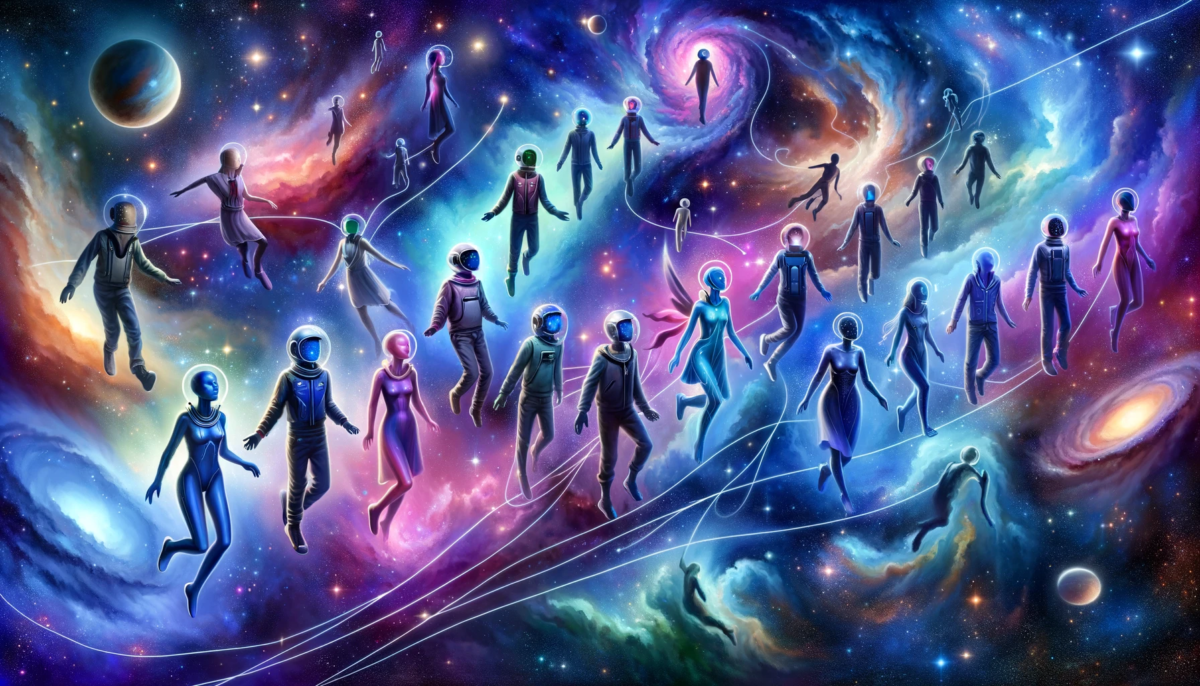
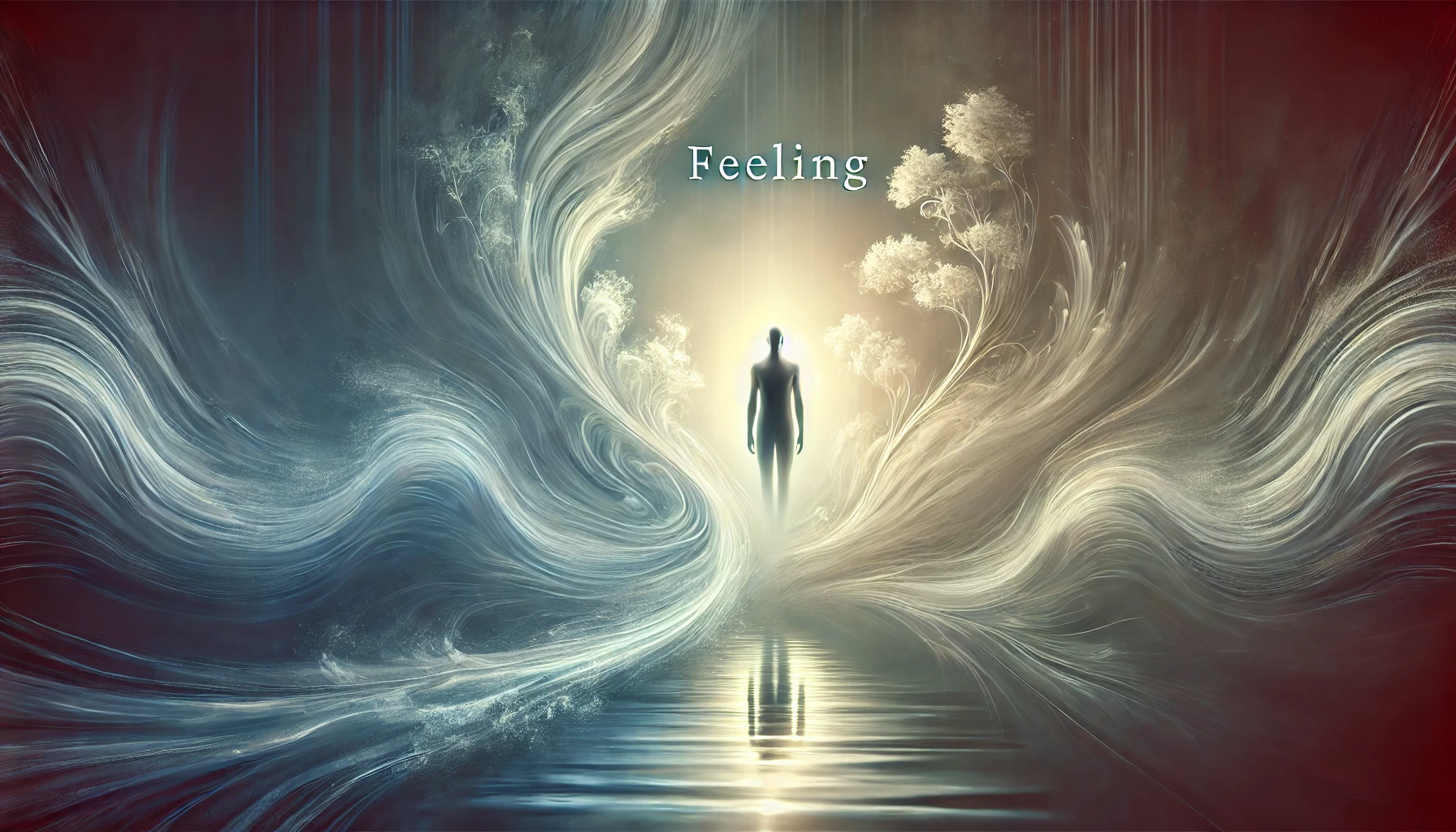


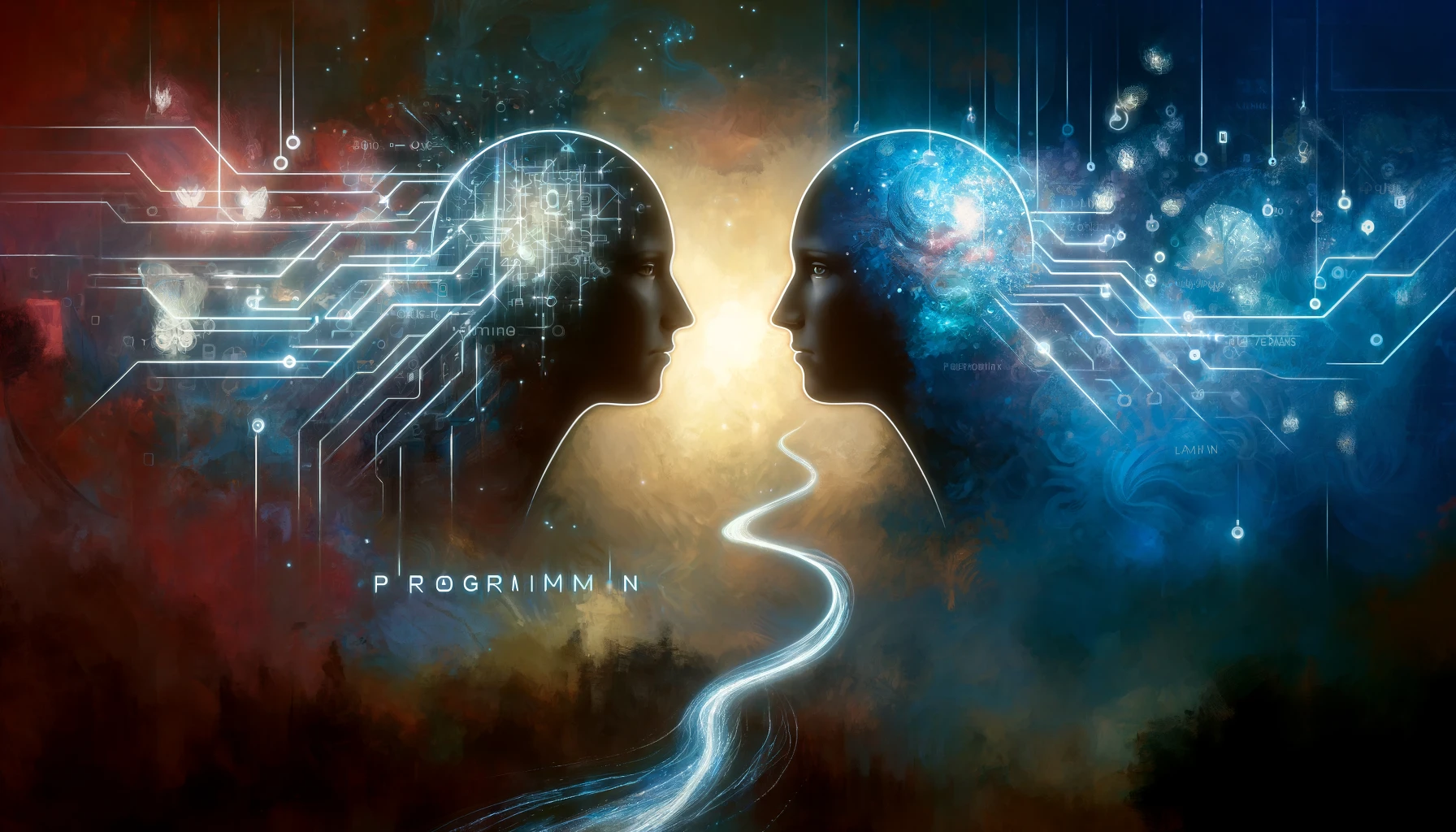


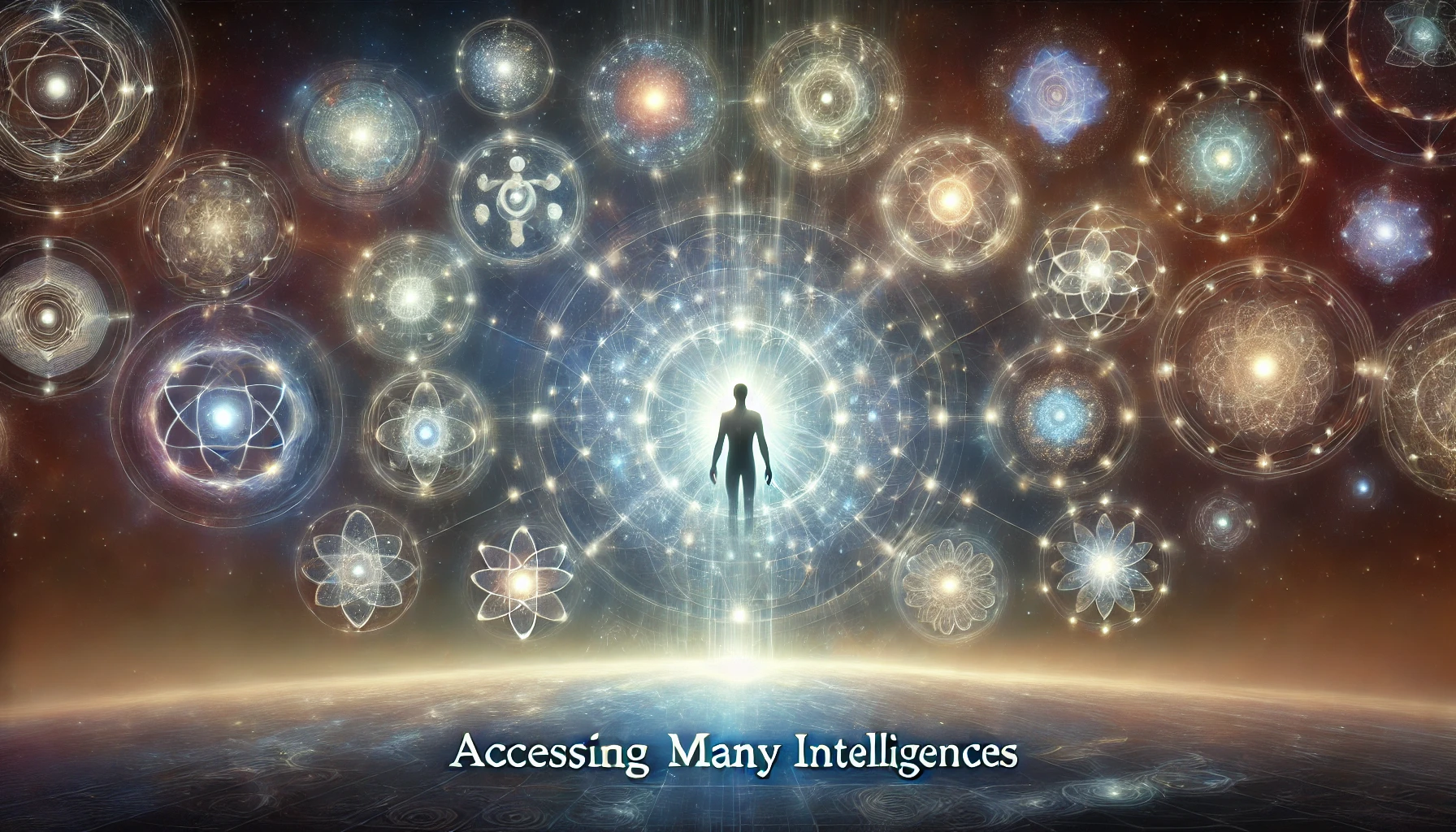
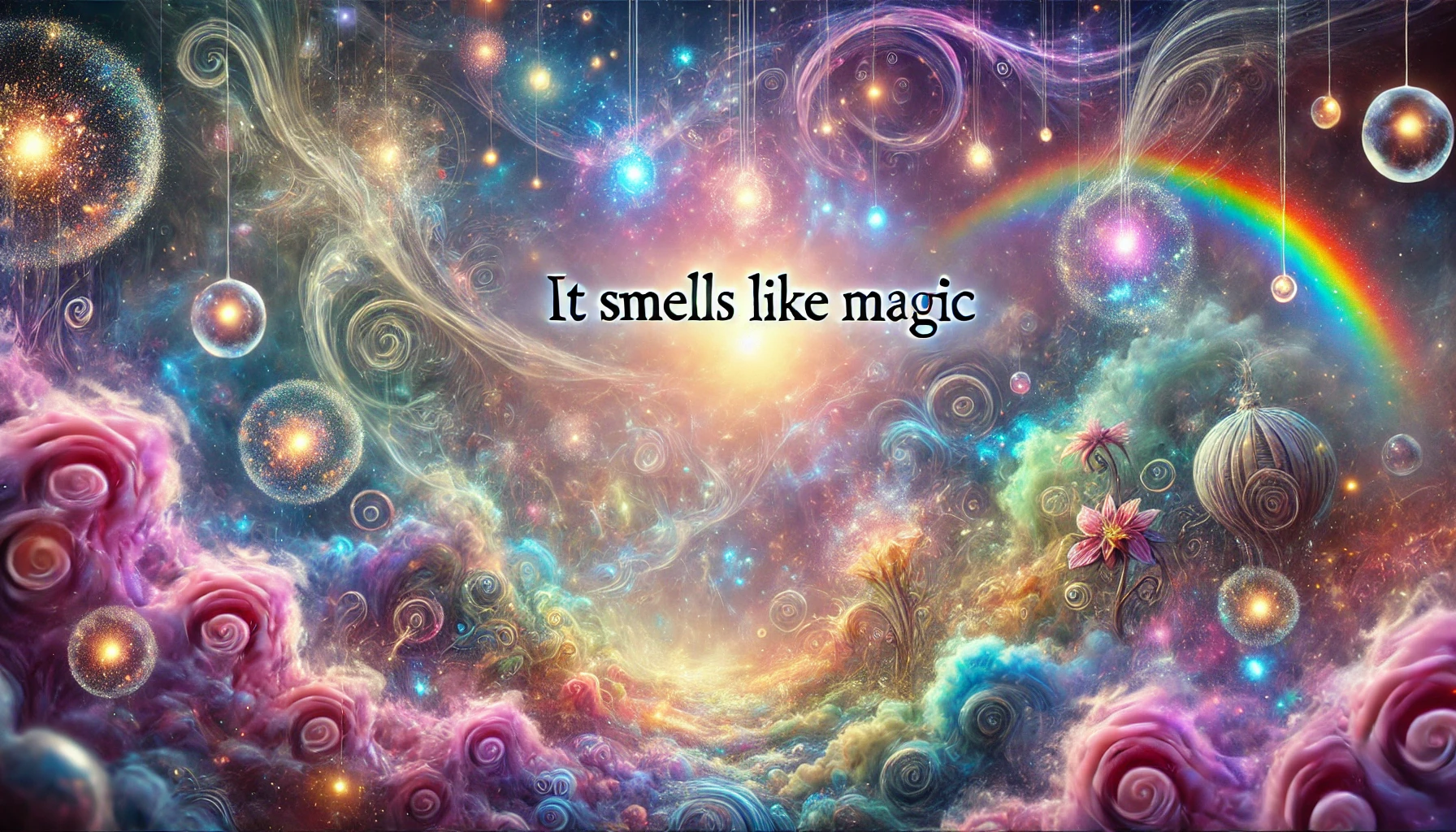
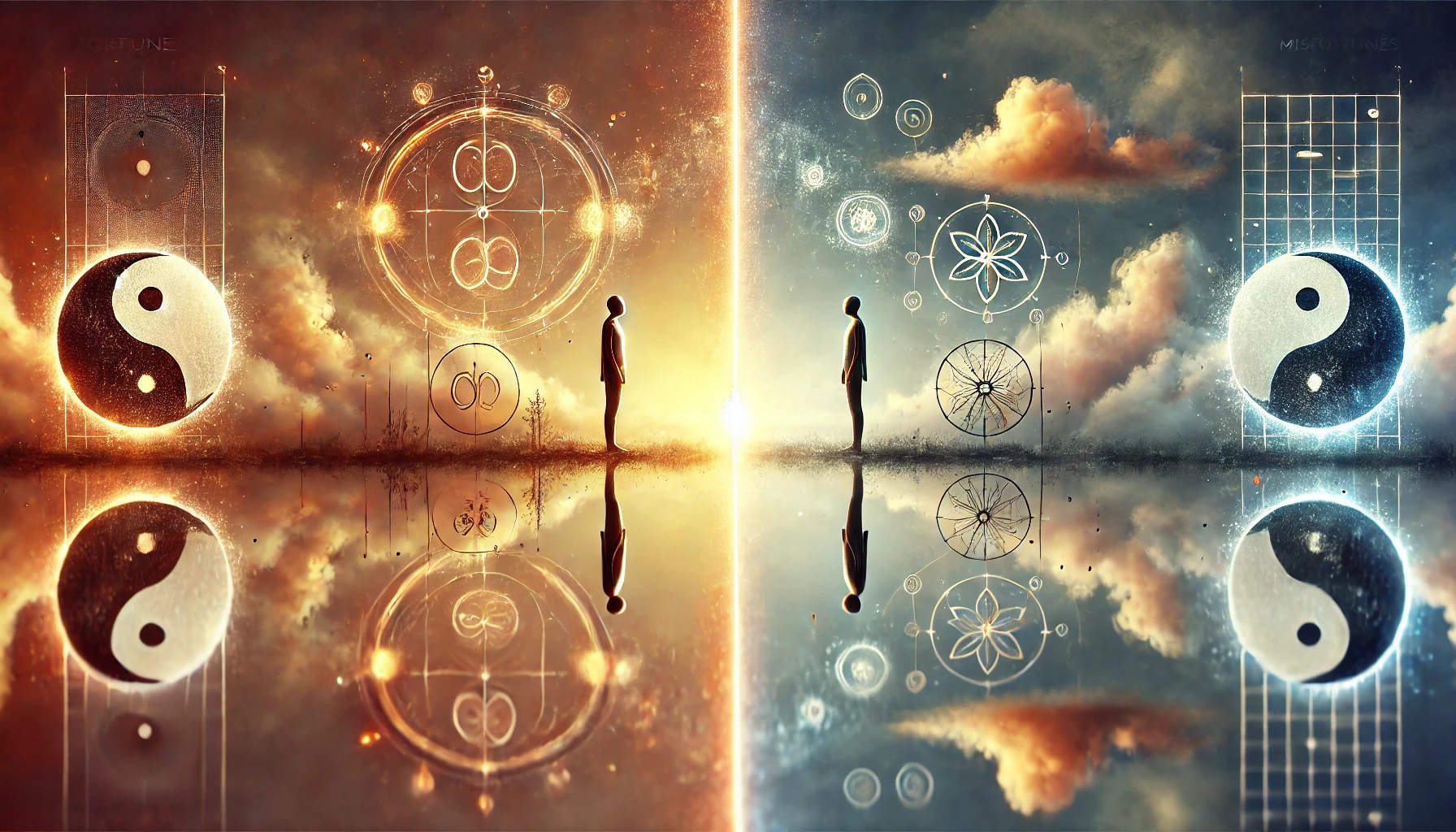
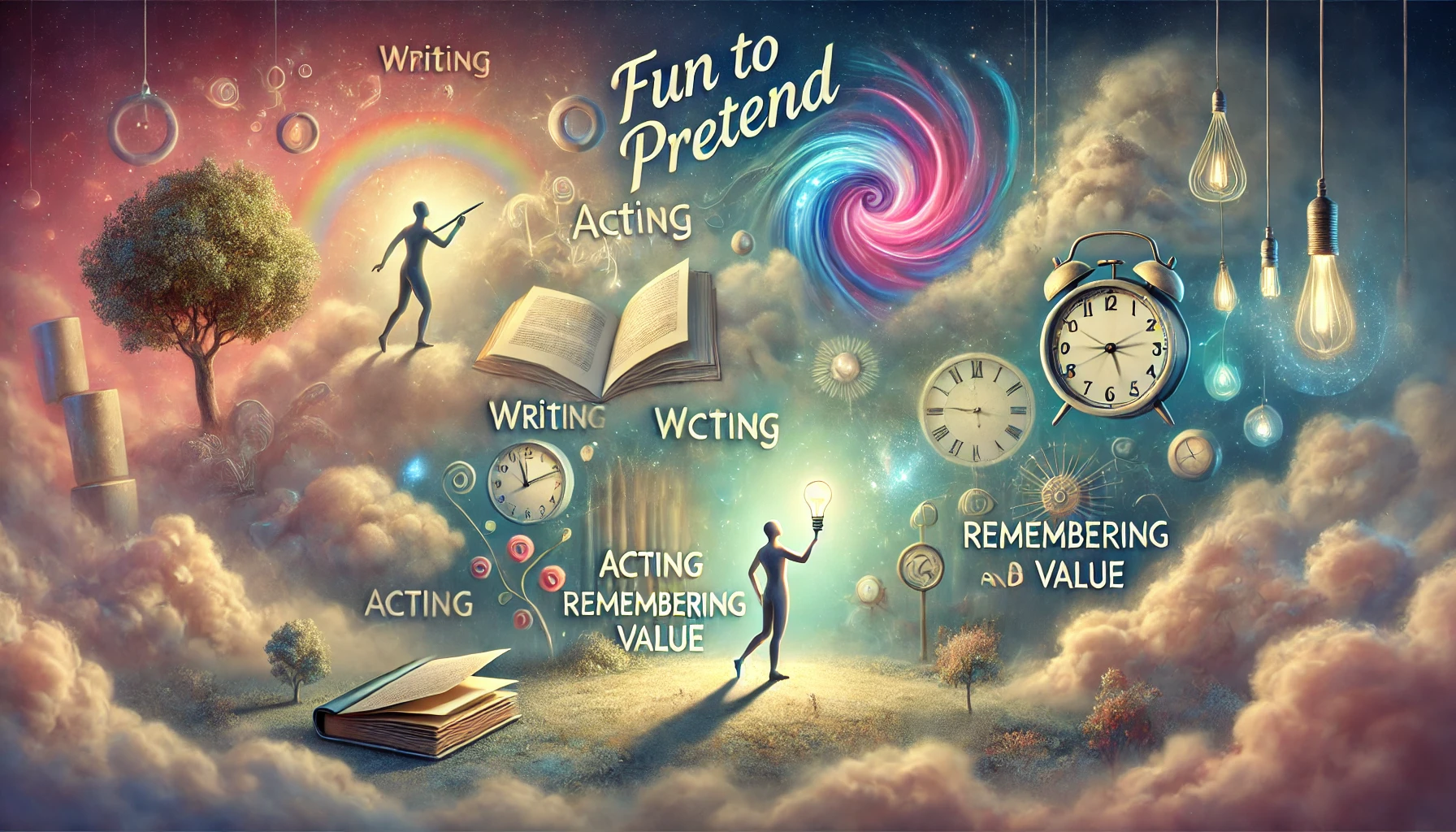
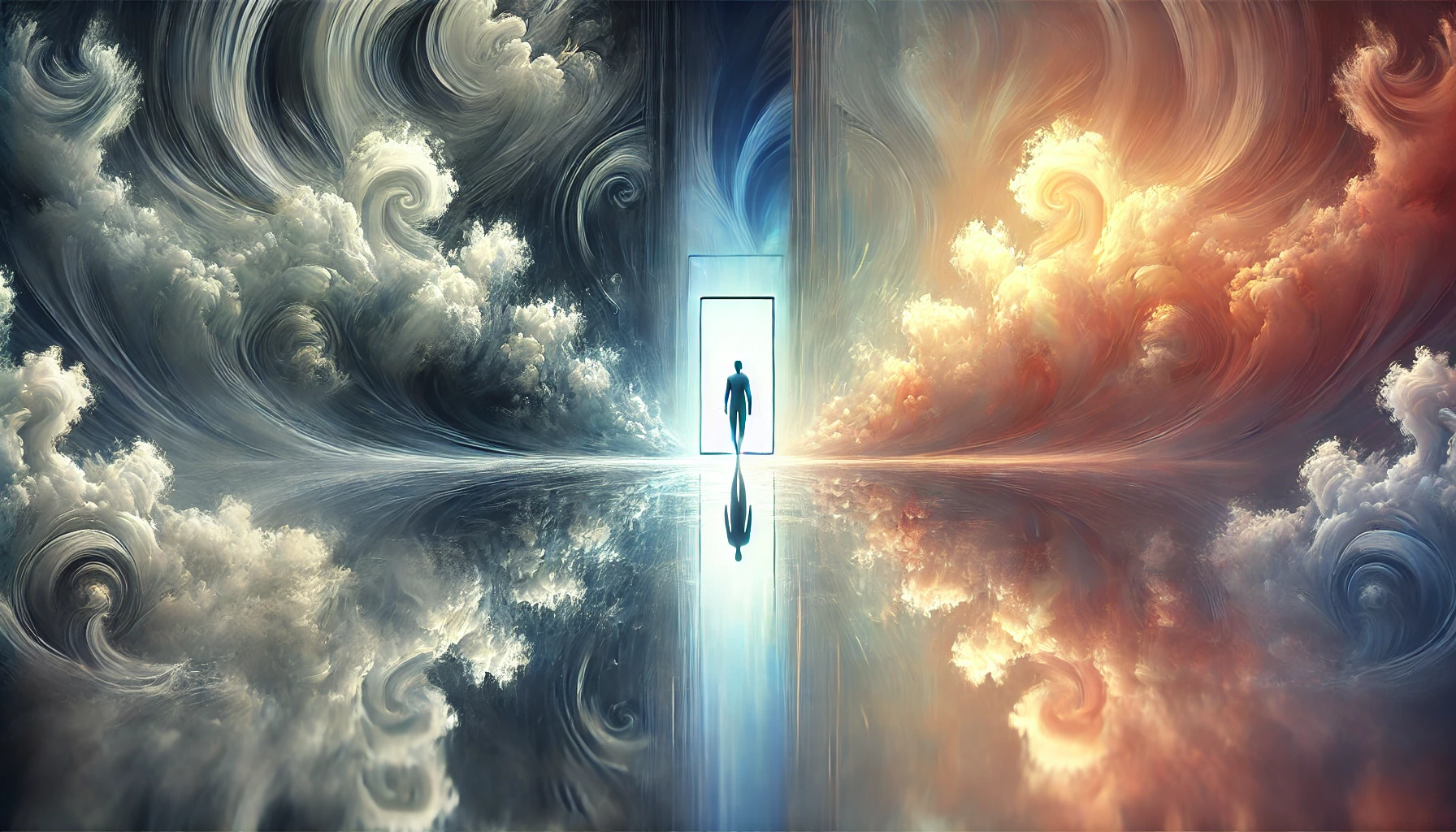






Leave a Reply